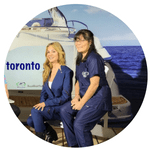Reconstructing hope
Tumours, burn scar contractures and conjoined fingers/toes
Plastic Reconstructive Surgery
Deformities in Developing Nations
Why is the need so extreme?
For the poor in developing nations, accessing necessary medical and surgical care is extremely difficult due to their remote location, lack of medical facilities and financial constraints. Conditions that would be treated in the early stages in developed nations can become life-threatening. The consequence for many is a lifetime of disability and rejection, and sometimes even death.
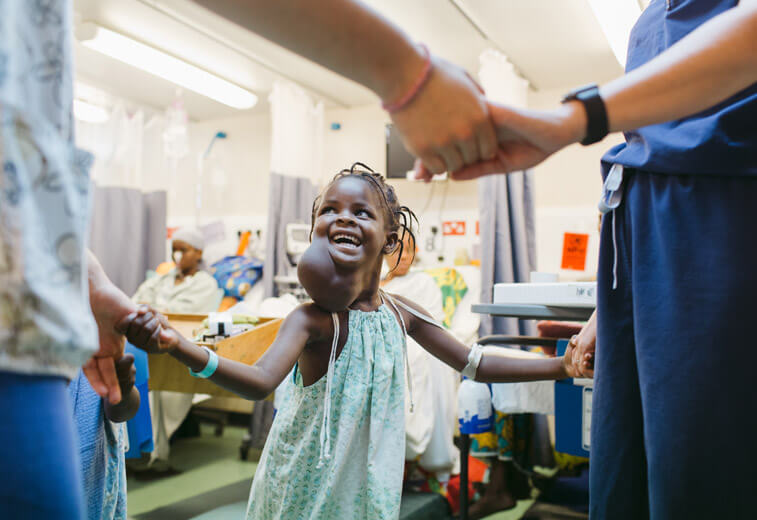
Tumours
Benign skin growths such as cysts and lipomas begin as small growths but, without treatment, can become disfiguring and debilitating. Those suffering from these tumours often become social outcasts.
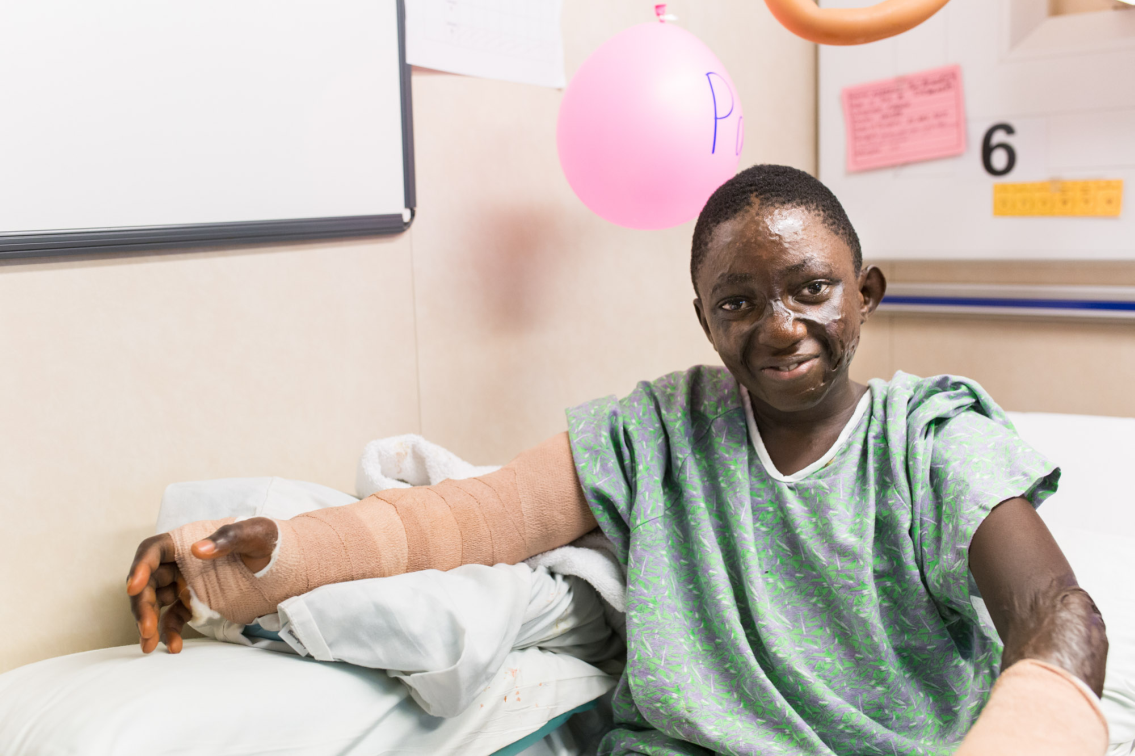
Burn Scar Contractures
Many Africans cook with open fires, boiling water and oil in the open air. People, very often children, can be severely burned in accidents, resulting in scarring that reduces the mobility of limbs. Many cases of severe burns require skin transplants to release burn contractures and restore range of motion.
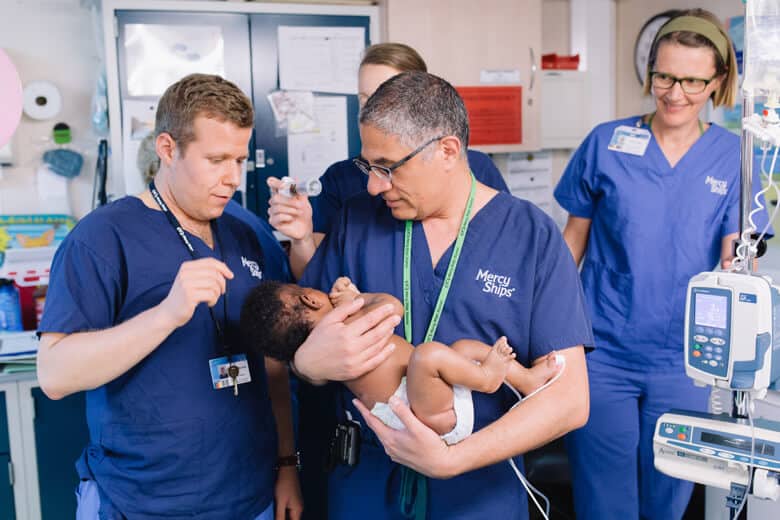
Conjoined Fingers/Toes
Webbing of the digits, or syndactyly, is not caused by the fingers sticking together in the womb; rather, it is caused by failure, during the sixth to eighth weeks of intrauterine life, of the usual longitudinal interdigital necrosis that normally separates the fingers. This “webbing” is the most common abnormality of the newborn hand. (PMC)
Transformational Healthcare through Onboard Surgery Programmes
Surgery
Mercy Ships partners with the local medical community in each country to identify surgical candidates. In onboard operating theatres, highly skilled surgeons perform thousands of free maxillofacial, general and reconstructive operations, transforming and saving lives.
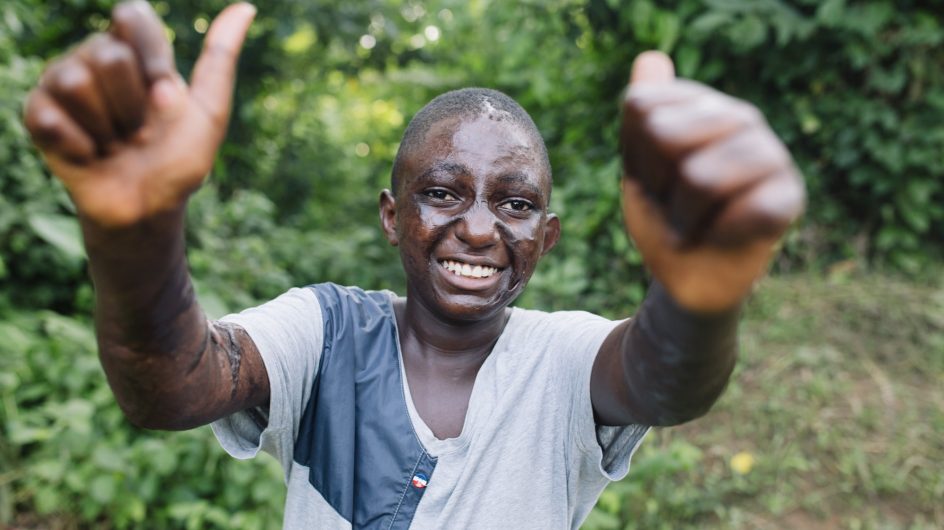
Recovery & Counselling
Patients recuperate under world-class care in the ship’s hospital ward, where they are also provided with opportunity for moral and spiritual support. Mercy Ships aims to provide a caring, holistic environment to facilitate patient recovery.
Training, Capacity Building & Prevention
Mercy Ships collaborates with local governments and ministries of health to improve national healthcare infrastructure. Mercy Ships partners with local surgeons and nurses to provide training and educational opportunities in appropriate techniques. In addition, Mercy Ships contributes to the long-term eradication of preventable diseases and resulting extreme conditions by conducting community health education programmes.
SHARE
Accomplishment
Since the beginning of the charity’s surgical programme, Mercy Ships has performed more than 108,000 lifechanging surgical procedures such as facial reconstruction and correction of deformities caused by severe burns and congenital abnormalities.
Statistics (source: WHO)
- An estimated 265,000 deaths every year are caused by burns – the vast majority occur in low-and middle-income countries. (Source: WHO)
- Burns are the 11th leading cause of death of children aged 1–9 years and are also the fifth most common cause of non-fatal childhood injuries. Children under five in Africa have almost three times the incidence of burn deaths than infants worldwide.

